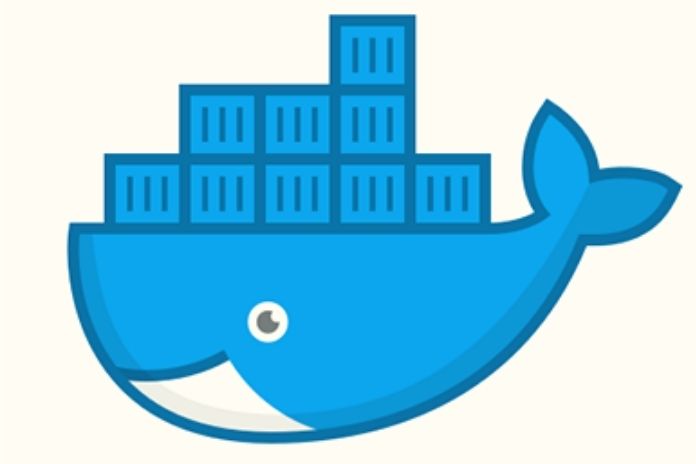The Docker software platform allows you to create, test and deploy any app quickly and in any environment: what it is and how it works. For programming and application engineers, there is another stage that is presently a standard instrument called Docker. This stage permits you to rapidly make, test, and send any use since it depends on utilizing normalized units called holders.
Engineers would thus use Docker, which is fundamentally a holder working framework, to make bundled applications. Every compartment acts like a holder containing all things needed for the proper execution of the application being created: from libraries to framework apparatuses, from code to runtime. Holders act like virtual machines. However, the climate is just to some degree virtualized.
Every “holder” goes about as a separated climate, where the working framework isn’t wholly executable since the part is imparted to the host and virtualized at the product level. These provisions make it the best apparatus for engineers and framework executives to screen applications, dispatch them rapidly, and test them on any climate.
What Docker Is And How It Works
We start from the idea of the holder in software engineering: a climate that makes a setting to run an application. The holders are like virtual machines, yet a lot lighter:
- Require a type of virtualization that needn’t bother with the establishment of a working framework.
- Consume the base space required.
- You don’t need a fixed memory portion.
- So don’t weigh a lot on the RAM.
Holder innovation has demonstrated especially helpful lately because every compartment contains a picture set up or downloaded in a climate. The Docker programming stage is an apparatus for delivering, appropriating, and running compartments utilizing the host’s working framework as a working framework to work virtualization just at the product level.
The cycles can, in this manner, be disconnected and executed autonomously, along these lines accomplishing the objective of holders, which permit you to run different processes and applications independently, to all the more likely adventure the current foundation and guarantee a significant degree of safety.
Present-day adaptations of Docker depend on a few free parts: the Docker CLI, which is the order line that permits cooperation with the terminal and sends orders to the Docker daemon, which executes them locally or on a far off share. The last part is the runtime, which conjures the piece’s usefulness and permits the holder’s genuine booting.
How To Use Docker
The Docker stage is accessible for all Linux conveyances and chips away at Windows and macOS working frameworks. After introducing the bundle on your PC, adhering to the various guidelines for each working framework, you can open the Docker interface and begin utilizing it. The initial step is to test the working of the introduced programming by making a straightforward holder, using the order.
For instance, you can utilize “Hi world” for the name of your decision. Like this, you will make a first picture saved as “Hi world,” and the screen will list every one of the signs to make your picture, like where the documents are taken from in the FROM line, where they are executed in the RUN line and from where they are replicated to the COPY lines. When all the data and documents have been recuperated, you can continue with the order.
docker fabricate – t [image name], which permits the development of the picture while the – t label gives it the picked name. When the picture has been made, a “holder” can be begun utilizing the order. docker run – d – p [host port number: compartment port] [image name], where the – d order permits the holder to run behind the scenes while – p shows the port planning to be utilized to show the made picture on the nearby host. From this beginning picture, you would then utilize extra orders to make your applications with Docker.
Docker: The Advantages Of Containers
Among the incredible benefits of utilizing Docker, compartments are particularity, a methodology that permits you to remove the particular parts of an application that will be refreshed or fixed for a bug or issues in the code. The compartments are framed from a solitary picture made in layers, and each time a client indicates an order, it creates another layer.
Docker can reuse them to accelerate the formation of compartments. However, this design likewise permits you to check and screen the various forms effectively and immediately, in any event, utilizing rollback. If a picture isn’t acceptable, it very well may be moved back to the past adaptation. Besides, it works in a climate and ensures fast programming dispersion : the design and execution stage on new equipment on Docker compartments go from days to a couple of moments.
With Docker, you can make compartments for each cycle and offer comparative processes with new applications, so you don’t need to restart the working framework each time you add or move a holder and accelerate sending. This makes Docker compartments normalized and lightweight bundles to utilize, which extraordinarily accelerate and improve engineers’ craft.
Also Read: Facebook Messenger, The Tricks To Use It At Its Best

